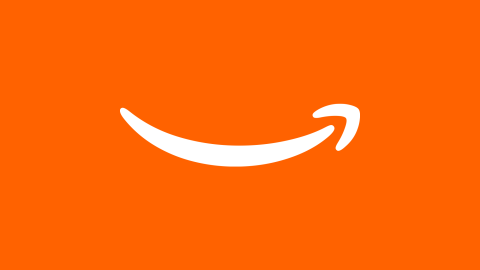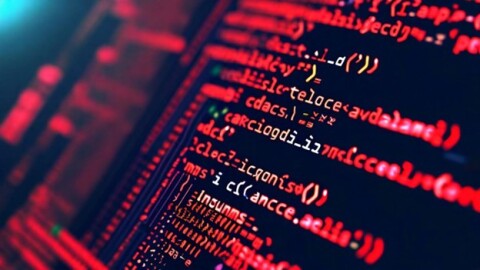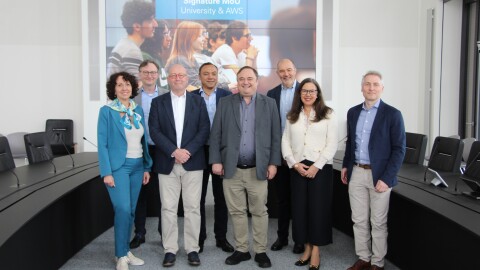For that, employing artificial intelligence would be necessary, he thought. In his research work as a scientist at the University Hospital of Munich (LMU), as well as in his company M3i, Simon had one goal above all others: improve the quality of medical treatment with the help of artificial intelligence (AI).
To accelerate medical research into COVID-19 and other medical issues, research scientist and startup founder Simon Weidert works with computer scientists from the Technical University, as well as the Ludwig Maximilians-University in Munich. They work on developing algorithms that detect the signs of illness automatically and with lightning speed and even make predictions about the progression of the illness. “AI technologies present the possibility to radically expedite the processes in the field of medicine. The data set of a single medical study can comprise several hundred images that the doctor has to go through to look for abnormalities. An AI does that in a few seconds. In addition, the algorithm can detect patterns that a person cannot capture with the naked eye,” Simon explains.
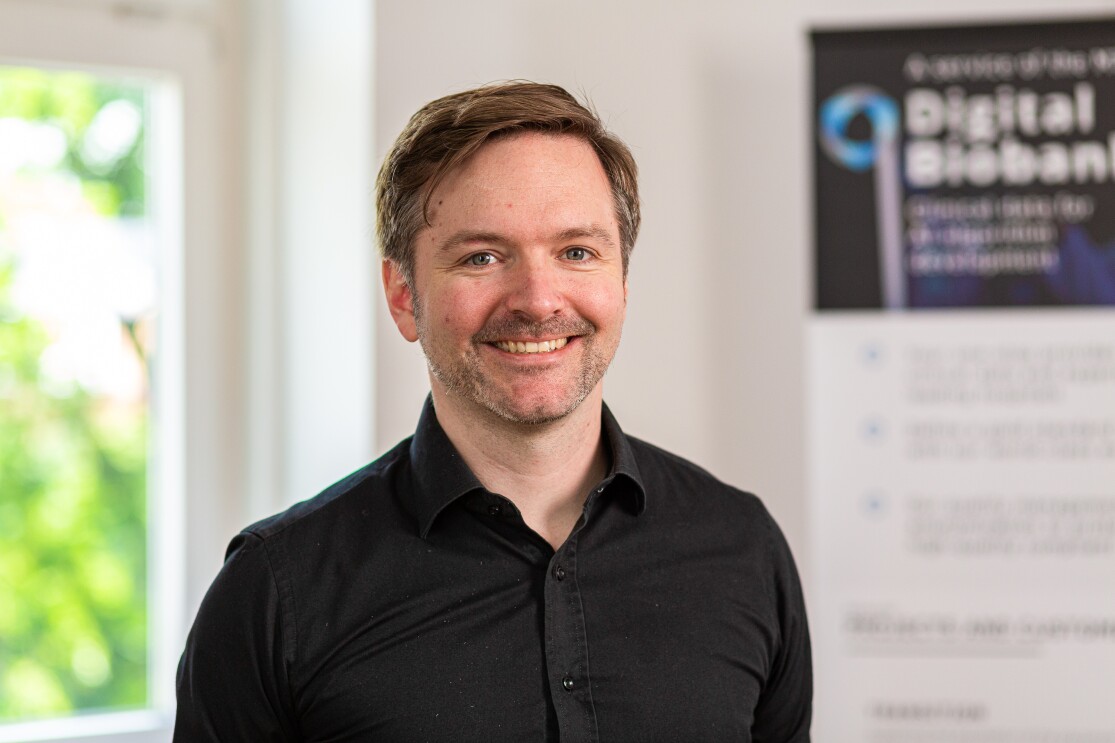
The best AI experts from around the globe are networking
Medical imaging processing plays an important role in the diagnosis and treatment of COVID-19. Because whether, and to what extent, the lungs are infected by the virus can be most reliably determined through radiological imaging. It makes sense to create algorithms that can use CT and X-ray images of patients to identify which lung areas are affected and to what extent patients’ conditions are critical. This gave Simon an idea: Develop a collaborative platform that makes the biggest possible heterogeneous amount of imaging data available to IT experts and teams worldwide.
The goal: Challenge scientists to build models to support doctors in the faster diagnosis and treatment of COVID-19. This would be a completely new approach in the field of medical research, Simon says: “Of course there are numerous initiatives by research groups sprouting up that are working towards developing algorithms for better diagnosis of COVID-19. However, we think none of these individual initiatives with limited manpower can deliver as good results as the collective intelligence of the best teams and programming geniuses from around the world. And our idea differs from the others on this point: If it were possible to start a challenge and make very high-quality data sets accessible to all participants, then also the results could afterwards be made available to the whole world. That would catapult the research forward extremely fast and on a high level of quality.”
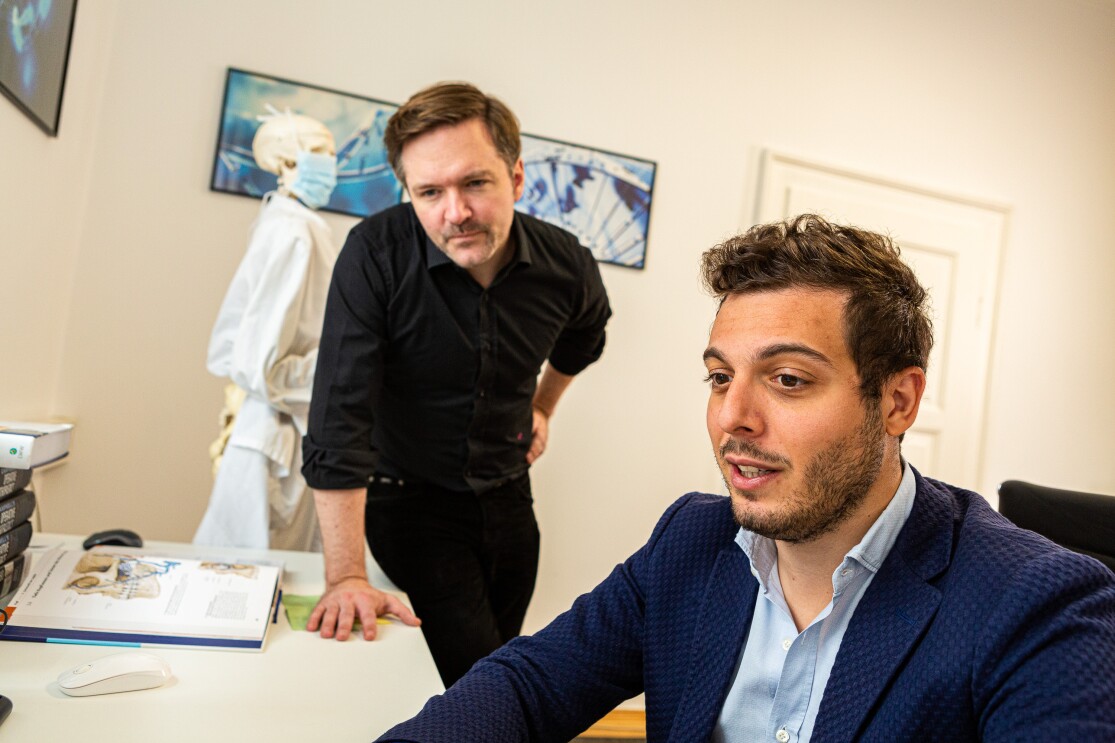
The impossible will be possible
The only tricky thing about this plan, patients’ medical data involves extremely sensitive information that needs to be protected from all kinds of scenarios and should not be made public. As promising as Simon’s idea might seem - he was sure that the legal restrictions on its implementation would unfortunately make it impossible. Right when Simon wanted to give up, he met Fausto Milletarì by chance - others call it destiny, prophecy or luck. “A colleague who knows Fausto said to me: ‘If anybody can help you, that’s him.’ I had heard and read a lot about Fausto, since he is considered to be a proven and incredibly innovative AI expert. As I told him about my concerns regarding data protection, he said: “I think I have a solution here.” I admit that it took a while until I believed him,” Simon remembers.
The reason why Fausto was sure, for a long time, he had had a similar concept in his mind. And because he had built a software application in his free time that does exactly what Simon thought to be impossible: Rolling out data for open collaboration bound by data protection laws and, at the same time, storing the data privately on the cloud and protecting it against being downloaded (https://www.covid19challenge.eu/#data-protection-and-privacy). As a next step, Fausto wanted to try his concept using Amazon Web Services (AWS). “It showed quickly: With the technology, services and high security standards of AWS that meet strict test and quality criteria with regard to data protection, we can build our platform exactly as we had imagined. After we got a first prototype up and running, we decided to contact the AWS team personally to get support for our project,” Fausto says.
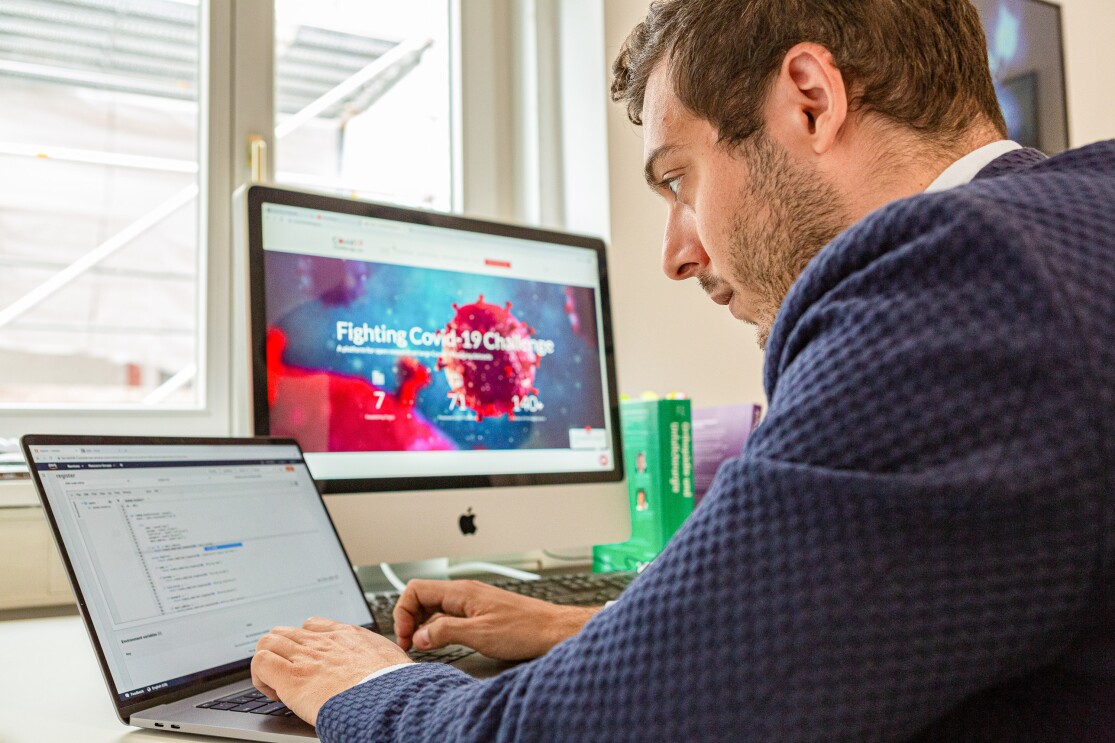
AWS had only recently launched a worldwide funding program for COVID-19 diagnosis. As a part of this program, AWS supports customer projects that develop solutions for a fast and precise diagnosis, thereby helping society and especially the patients. “The idea of an open collaboration platform and Fausto’s prototype immediately convinced us to support the project with our own capacity and our AWS infrastructure,” says Halit Oener, from the AWS public sector team. Within two weeks, Fausto managed to build the first part of Simon’s idea - the platform.
Research in service of COVID-19 patients
The next challenge: Gain additional partners, in particular clinics and doctors around the world. These doctors make CT and X-ray images as well as other clinical information about their patients. "Our goal is to receive 300 to 400 data sets from all over the world by the end of June. We already have 95 data sets from the USA and Europe. We hope to receive data also from China. Before we upload the data to our platform, our medical experts process it qualitatively in a way where they are correctly labeled and classified. Because the machine can only learn if humans feed optimally-processed information to it,” Simon says.
Marcus Treitl, leading physician at the Department of Radiology and Neuroradiology of the Professional Association Casualty Clinic in Murnau, supports the research initiative. “I am optimistic that the crowd sourcing approach will bring good results that can solve clinically relevant problems. This way, at the end of the day, the research project will benefit society and COVID-19 patients as a whole,” says Marcus.




